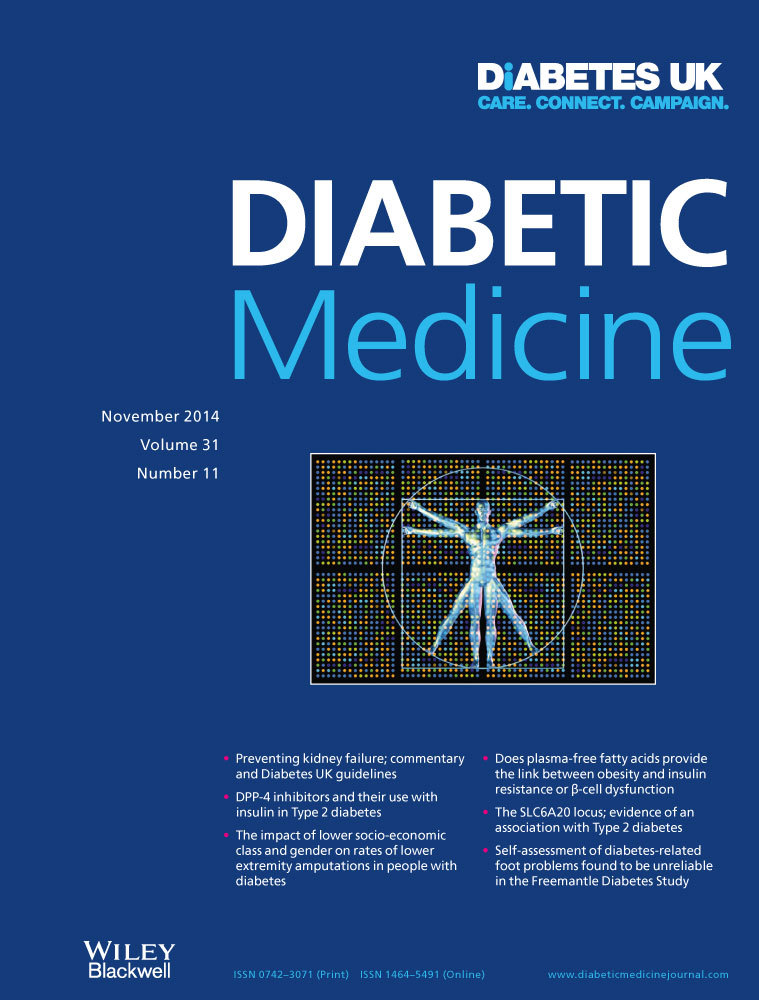Metabolic effects of lifestyle intervention in obese pregnant women. Results from the randomized controlled trial ‘Lifestyle in Pregnancy’ (LiP)
Abstract
Aims
The Lifestyle in Pregnancy intervention in obese pregnant women resulted in significantly lower gestational weight gain compared with the control group, but without improvement in rates of clinical pregnancy complications. The impact of the lifestyle intervention on metabolic measurements in the study participants is now reported.
Methods
The Lifestyle in Pregnancy study was a randomized controlled trial among 360 obese women (BMI 30–45 kg/m2) who were allocated in early pregnancy to lifestyle interventions with diet counselling and physical activities or to the control group. Fasting blood samples, including plasma glucose, insulin, lipid profile and capillary blood glucose during a 2-h oral glucose tolerance test were carried out three times throughout pregnancy. Insulin resistance was estimated with the homeostasis model assessment of insulin resistance.
Results
Three hundred and four women (84%) were followed until delivery. Women in the intervention group had a significantly lower change in insulin resistance (HOMA-IR) from randomization to 28–30 weeks’ gestation compared with control subjects (mean ± sd: 0.7 ± 1.3 vs. 1.0 ± 1.3, P = 0.02). Despite a significantly lower gestational weight gain in the intervention group, there was no difference between the groups with respect to total cholesterol, HDL, LDL or triglycerides.
Conclusions
Lifestyle intervention in obese pregnant women resulted in attenuation of the physiologic pregnancy-induced insulin resistance. Despite restricted gestational weight gain, there were no changes in glucose or lipid metabolism between the groups.




